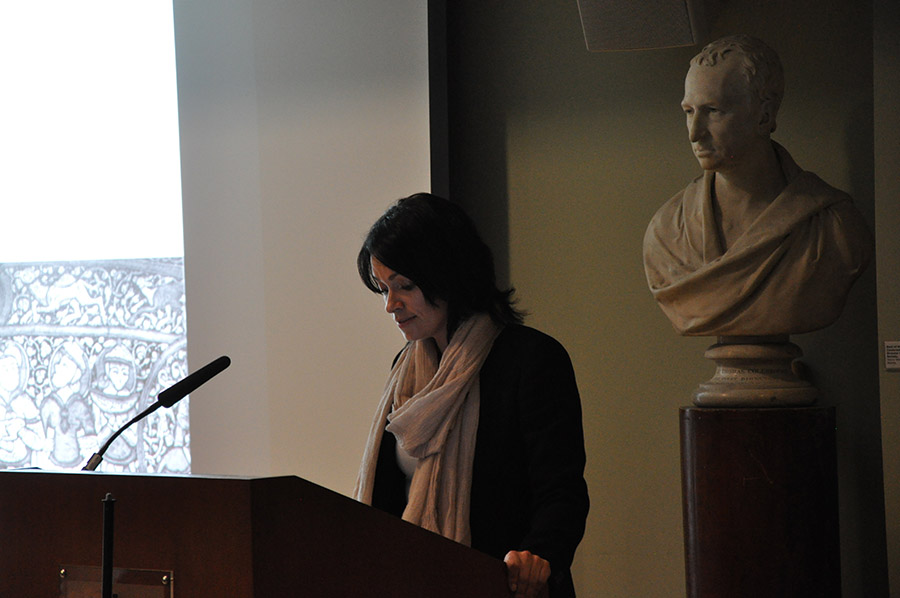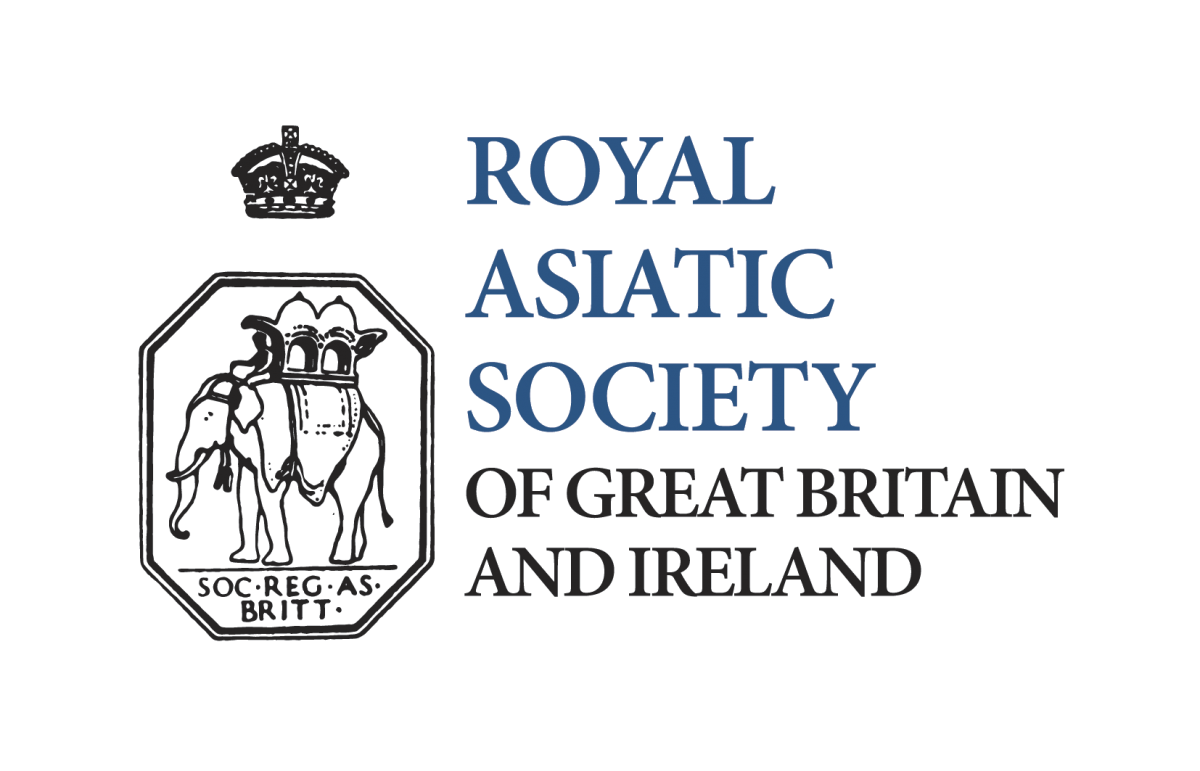From Mamluk Helmets to Timurid Iran via Han Administration
The title of this blog reflects the range of topics covered in recent events at the RAS. On Tuesday 21st June Shireen El Kassem gave a Guest Lecture in which she elucidated some new perspectives on Mamluk helmets from 1250 to 1517. In this period the Mamluk Sultanate was a medieval realm spanning Egypt, the Levant and Hejaz. Shireen’s lecture helped the audience to understand more about the importance of the period and in particular of the Mamluk helmets.

Thursday 23rd June saw the book launch of “Problems of Han Administration: Ancestral Rites, Weights and Measures, and Means of Protest”. Michael Loewe’s new book takes these three areas of Han administration and examines them individually, creating three small books in one (it is possible to buy each section individually electronically). He considered how ancestral rites were enacted for emperors to show they were in correct succession to their ancestors. The book also examines the systems of weights and measures that were in use to enable merchants and crafts people to be standardized in their trading. The third section of the book considers how people could bring complaints against their rulers without risking the possibility of execution! The audience enjoyed the presentation immensely, and afterwards guests joined Dr Loewe in celebrating the launch with a reception.

On Wednesday 29th June, the Society was thrilled to host the launch of “Intellectual Networks in Timurid Iran”, a new book by Dr Ilker Evrim Binbas. Dr Binbas gave a lecture to introduce the book, and provided an overview of intellectual life in fifteenth century Iran, using as a prism the works and intellectual network of the Timurid historian Sharaf al Dīn ‘Alī Yazdī. Evrim showed how the informal networks Yazdī was involved in transcended political and linguistic boundaries, and also highlighted how literary styles and conceptions changed over time. The lecture was full of fascinating insights into Timurid Iran, and provided much food for thought in considering the factors which help shape the intellectual climate of a culture. We are honoured to have been able to host the launch of this exciting new work, as with our other recent book launches.

We are privileged to have been able to host so many wonderful events over the past several weeks, which has been a particularly busy and exciting time at the Society. We are very grateful to all of our speakers and presenters, as well as to all our partners who have helped make these events possible; and, of course, to everyone who has attended these events. The Society’s events programme is one of the main ways we fulfill our charitable mission of promoting scholarly research as well as general interest in Asian history and culture, and our events and receptions also provide a way for our Fellows to network and make new contacts in their fields of interest. We hope that our recent events have inspired some of you who are not yet Fellows to join us and continue to support our activities in the coming months and years.
